Mars is too small to keep its ocean, rivers and lakes
Author:Astronomy online Time:2022.09.05
Mars is too small to keep water
The story of Mars may include the basic facts about planet's residence.
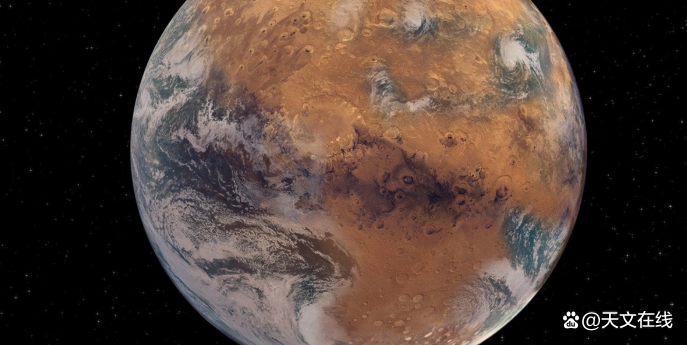
Artist's depiction of Mars similar to the earth's surface water. Red planet was a humid world in ancient times.
Mars and Earth -like water described by the artist. Red planet was a humid world in ancient times. (Picture source: NASA Earth Observation Station/Joshua Stevens; Noaa National Environmental Satellite, Data and Information Services; NASA/JPL-CALTECH/USGS; Sean Garcia/University of Washington University Plane Design)
A new study shows that Mars is destined to lose water due to its small volume.
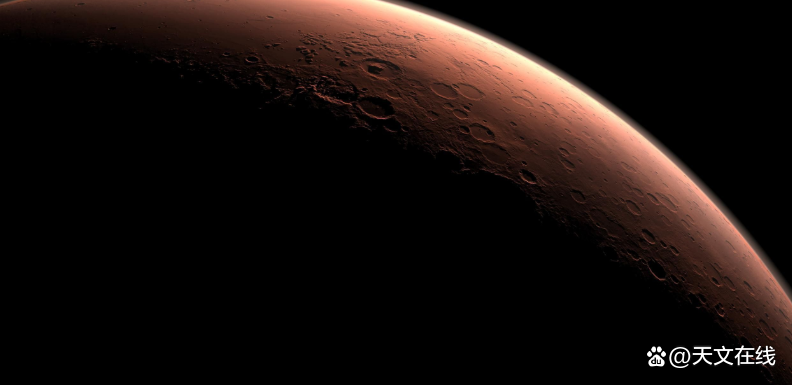
According to the observation of robotic explorers such as NASA Curiosity and Perseverance, scientists learned that in ancient times, liquid water flowed over the surface of Mars: This red planet once had lakes, rivers and streams, and may even cover its northern hemisphere. The huge ocean in most areas.
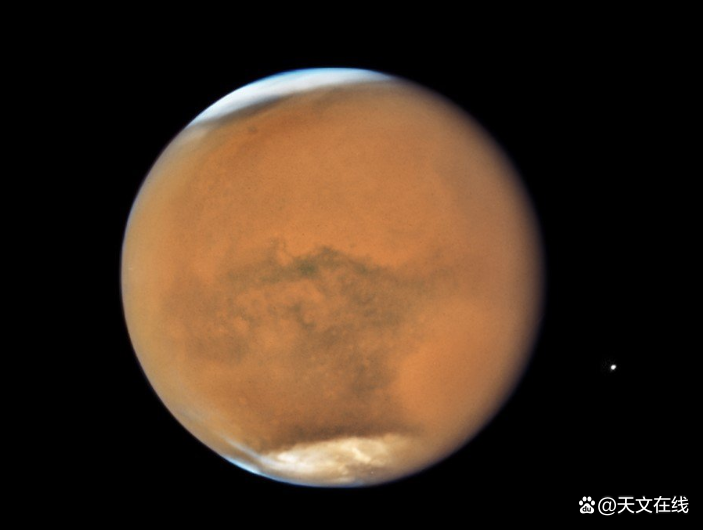
But about 3.5 billion years ago, the surface water almost disappeared, and it disappeared into space with most of the Mars atmosphere. Scientists believe that after the red planet has lost its global magnetic field, this fierce climate change occurs. The magnetic field protects Mars's air from being taken away by the charged particles from the sun.
But according to this new study, there is a more fundamental driving factor behind this direct reason: Mars is too small to maintain the surface water for a long time.

"The fate of Mars has been determined from the beginning," Wang Kun, the co -author of the study, Wang Kun, auxiliary professor of the Earth and Planet Science University of Washington University in St. Louis, said in a statement. "The size of the rock planet may have a threshold to retain enough water to achieve livable and sector structure." Scientists believe that this threshold is larger than Mars.
The research team led by Wang Kun's laboratory, led by Treasure, detected 20 Martian meteorites. They chose these meteorites to represent the overall composition of the red planet. Researchers measured the abundance of various potassium homogenous in these out -of -ground rocks. The age of these rocks ranged from 200 million to 4 billion years. (Homotin is a category of different quantitative neutron elements in its atomic core.)
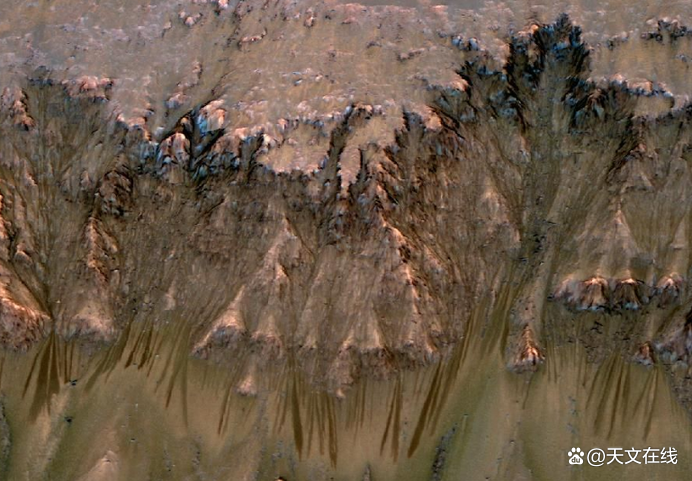
Tian and her colleagues use potassium (chemical symbol K) as a tracer of more "volatile" elements and compounds -things like water, it transforms into gas phase at a relatively low temperature. They found that Mars has more volatiles in the process of formation than the earth, and the quality of the earth is about nine times that of the red planet. However, Mars is better than the moon and 329 miles wide (530 kilometers) of the volatile. These two asteroids are smaller and dry than red planets.
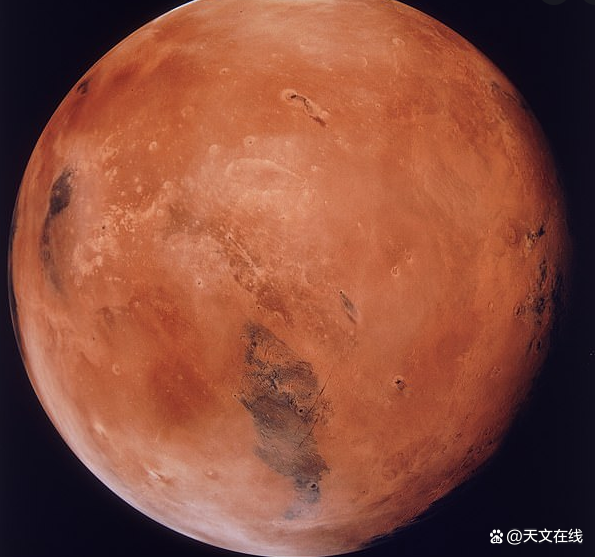
"The reason for the abundance of volatile elements in the planet and its compounds is much lower than that of the original unlimited meteorite." Essence ("Differential" refers to a celestial body, which has been divided into different layers, such as crusts, mantles, and ground cores.)
"The discovery of K -isotope composition to the gravity of the planet is a new discovery. When the differentiated planets and how to receive and lose volatiles have important quantitative significance," Lodis said.
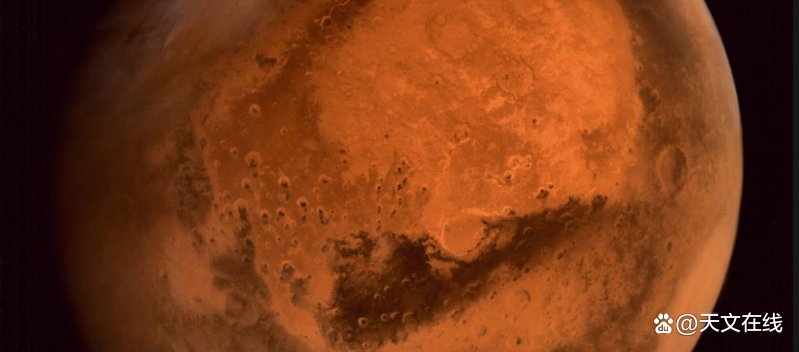
This new study was published online today (September 20) in the magazine of the National Academy of Sciences. Previous studies showed that small volumes were a double blow for residentiality. During the formation process of short -footed chicken planets, a lot of water will be lost, and their global magnetic fields will be closed earlier, resulting in thinning the atmosphere. (In contrast, the global magnetic field of the earth is still strong, and the motivation is provided by the depths of our planet.)
Team members said that this new job can also be applied outside our own universe.
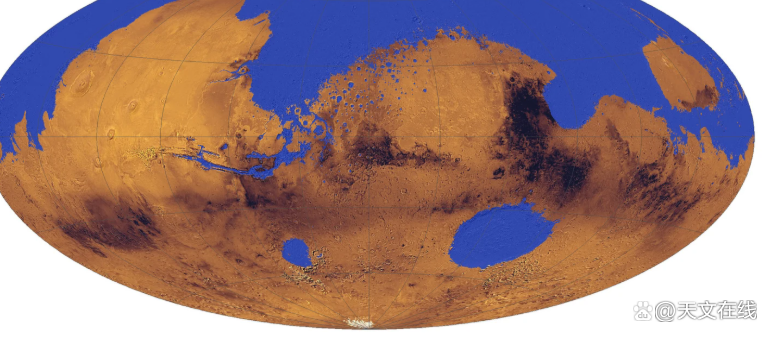
"This research emphasizes that the size of the planet is very limited, and only enough but not too much water to develop a livable surface environment," Klaus Mezg, the co -author of the University of Berne, Switzerland, Said in the same statement. "These results will guide astronomers to find outer planets in other solar systems."
In any discussion on residence, the "surface environment" exemption statement is important. For example, scientists believe that modern Mars still supports underground water content that might maintain life. Jupiter's eurba and Saturn's Tuwei second -class satellites have a huge ocean that may maintain life under the surface of the ice and snow.
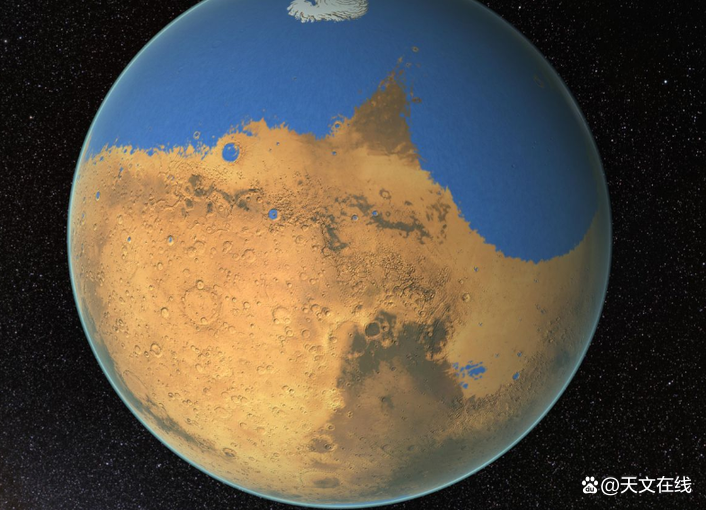
In any discussion on residence, the "surface environment" exemption statement is important. For example, scientists believe that modern Mars still supports underground water content that might maintain life. Jupiter's eurba and Saturn's Tuwei second -class satellites have a huge ocean that may maintain life under the surface of the ice and snow.
By: Mike Wall
Fy: Xiaoxiao
If there is related content infringement, please contact the author to delete after the work is released
Reprinted, please obtain authorization, and pay attention to maintaining integrity and indicating the source
- END -
"Steel Town" Upgrade

In Yannan Square Co., Ltd., a multifunctional steel cymbal is recently ordered by ...
Wenzhou Leqing implemented a three -year action plan for the development of large incubation clusters

In the past few days, in the Yueqing Zhengtai IoT Sensing Industrial Park, Zhang W...